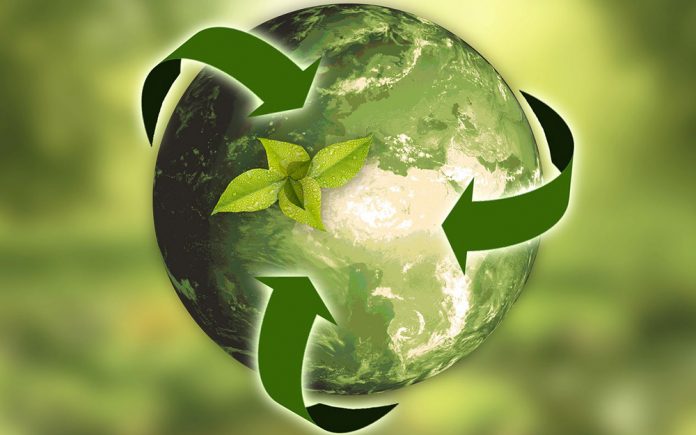
BY RUTH HILL R.N.
The cannabis industry has a waste problem that is mainly due to the public treatment of the compound delta9-tetrahydrocannabinol (THC). Because of THC, no cannabis product can touch anything in the waste. Thank your legislators for this environmental debacle. The law mandates every product no matter how small the item will need a large label that includes a health warning, identification numbers, soil, and other crop production inputs, as well as testing information and cannabinoid composition. It is estimated that one gram of weed can produce 100 grams of packaging waste. Is the same information on a cigarette package? No of course not.
To open a preroll, I first, tear off the clear plastic cover that seals the cap. Remember it is child-resistant. I sometimes need a knife or scissors to loosen the machine-sealed barrier. To open the tube, my hands do not have the strength to squeeze the tube, I place the tube on the table edge and lean on it to force the cap open. These tubes are made of durable plastic that will not be crushed even if I run over them with my KIA. (my humble opinion)
It is appalling how much packaging is used to sell a few legal buds. A Canadian Broadcasting Company report suggested that a gram of weed sold at a licensed storefront in Canada can produce close to 100 grams of packaging waste.
Thirty-three and a half million units of cannabis prerolls were sold in California in 2020. California Cannabis Regulations require all cannabis products to be individually wrapped to meet child-resistant criteria. To date only one cannabis producer, CannaCraft has received child-resistant certification eliminating millions of single-use plastic tubes.
“With each plastic tube standing 5.5″ tall, 1 years’ worth of CannaCraft’s child-resistant tubes would reach over 900,000 feet if stacked. Or 30 times taller than Mount Everest. That’s a lot of waste that we’ll be eliminating,” says a CannaCraft representative.
Whether it is the solvents used in the manufacturing process, the leftover biomass that accumulates which must be destroyed, or the extra packaging required to make products impossible for a child (or an otherwise competent stoner) to open, legal cannabis creates tons of waste.
Regulators continue to demand every bit of biomass disposed of must be processed yet prohibit recycling with the belief that cannabis is a dangerous organic material. In Illinois, a cannabis waste producer must notify the agriculture department, the state police, and an employee must be present to supervise the disposal. What kind of nonsense is this, treating cannabis waste as radioactive?
In the meantime, the waste accumulates. One solution by Sana Packaging is using 100% plant-based hemp plastic, 100% reclaimed ocean plastic, and other non-petroleum-based materials to create a closed-loop business model that generates no waste.
TerraCycle, from New Jersey, developed a national recycling program for vape cartridges however many states prohibit recycling cannabis. The scope of the recycling problem is difficult to assess. Many places do not track cannabis waste recycling. California has three different agencies. In Canada, they do not track it at all.
Some producers tried to have a bring-back program for vape cartridges, but the misguided regulations made the proposal unfeasible. California tried to address single-use packaging for the tobacco vape industry, but it has gone nowhere. (https://leginfo.legislature.ca.gov/faces/billTextClient.xhtml?bill_id=201920200SB424)
Three innovated dispensaries have launched a first-of-its-kind recycling program in which cannabis packaging will be converted into fuel to help power delivery vehicles. Airfield Supply Co., a San Jose storefront is the first dispensary to sign on for the pilot program that could prevent as many as 5,000 plastic items from entering the state’s waste stream each day. CannaCraft, a Sonoma County manufacturer, and Resynergi, Sonoma County company that converts plastics into oils, are partners in the program.
The aim is to place Resynergi, recycling bins throughout its facilities and to also provide customers with special “exit bags” they can use to store their plastics ahead of recycling. The industry is succeeding, hopefully, the legislators will begin to evaluate cannabis as an herb rather than a radioactive substance.
Ruth can be reached at www.ruthahillrn.com










































